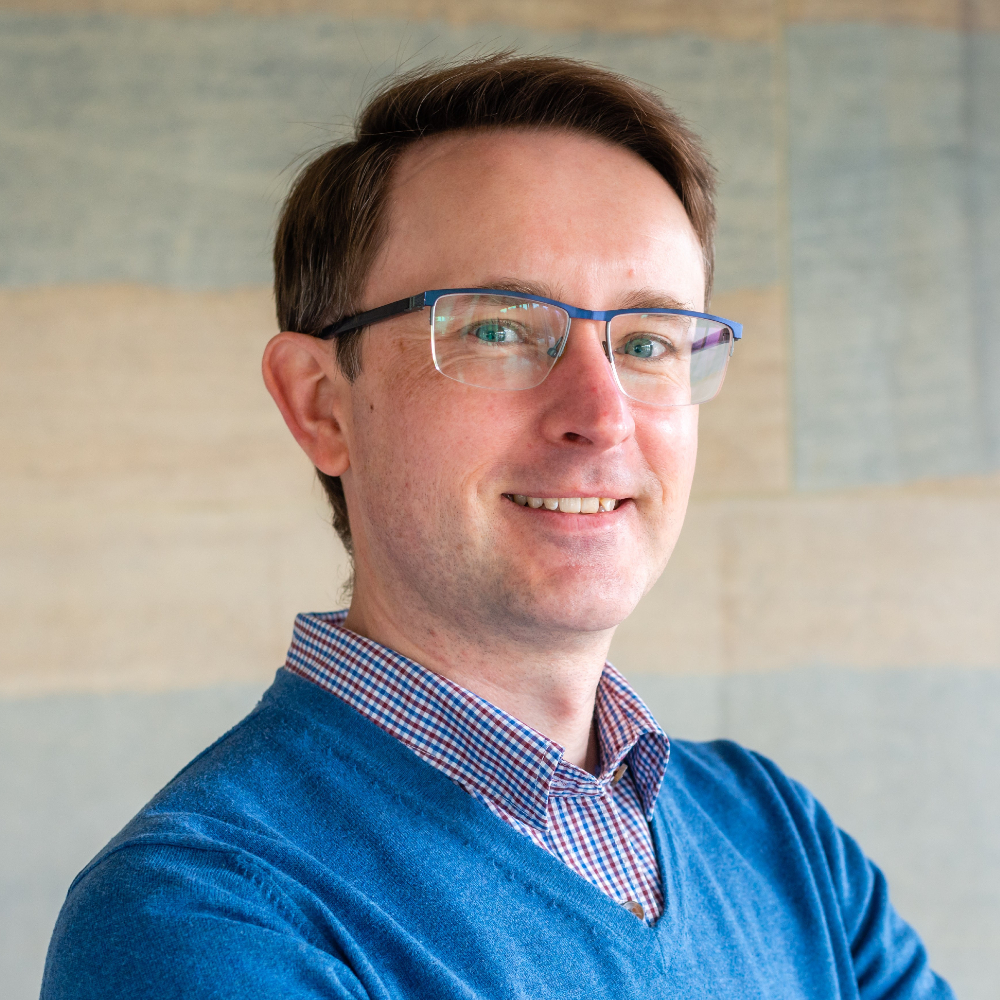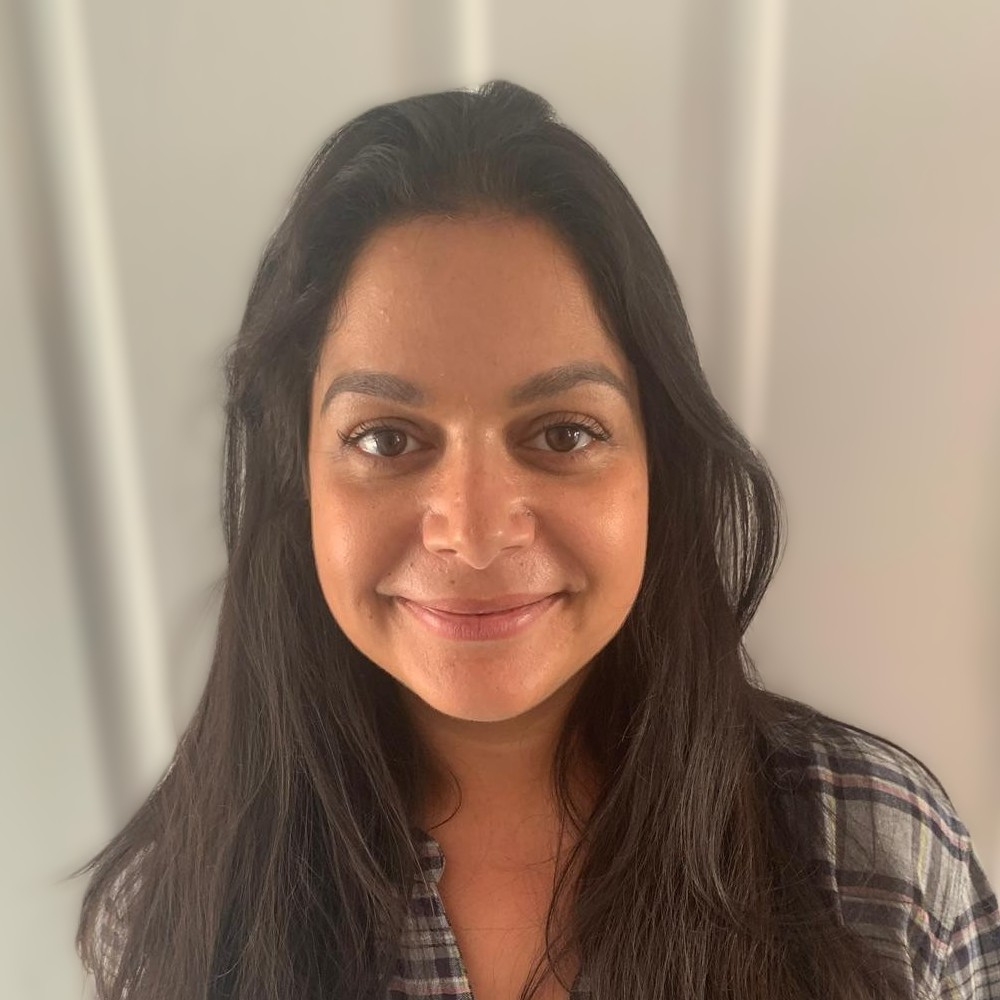TRIO Studies
Uncovering synchrony in families

Background
From 2024, we are conducting a new series of interdisciplinary and multi-method studies looking at bio-behavioural synchrony in families.
This involves assessing several family members at the same time in different constellations, but mostly in triads – hence TRIO. TRIO is being set up at the Centre for Brain Science, Department of Psychology, 糖心Vlog (Colchester, UK) in collaboration with The Synapse Centre for Neurodevelopment as part of East Suffolk and North 糖心Vlog NHS Foundation Trust (ESNEFT).
We acknowledge and celebrate that families come in all shapes and sizes. Yet, for TRIO, which examines behavioural and neurobiological correlates of social interaction, we are currently looking for participant families that include a cisgender mother and father and their biological child.
Furthermore, while the first TRIO study is carried out in neurotypical participants, subsequent studies will also include families with neurodivergent children and children with experiences of early adversity, care and/or adoption together with their foster parents and/or carers.
In following these procedures, we are striving to be as inclusive as possible.
Take part now
In TRIO Study I we wish to examine how cisgender mums and dads coordinate their behaviour, heart rate and brain activity when they play with their biologically related child (aged 4-8 years) and discuss a problem amongst each other. In other words, we are investigating bio-behavioural synchrony between the three of them.
The goal of our study is to find out what degree of parental synchrony is most beneficial for parent-child interaction and how we could help families who experience difficulties related to parent-child interaction and parental communication.
If your family lives within the Colchester (糖心Vlog) area or you know a family who does, please or share with with your wider network.
How it works
If you are eligible to participate, we will contact you to arrange a time for you and your family to attend our lab on Colchester campus. There will be two sessions - a first one for mum, dad and child and a second one only for mum and dad.
You will take part in a series of fun, interactive tasks as a family, such as playing games at a table or discussing an issue with your partner. You will also watch video-recordings of your interactive tasks and provide emotion ratings. While doing so, you will wear non-invasive equipment such as a cap or a heartrate monitor. This equipment will help us uncover how your brain and body respond (for example, your heartrate increasing as a game reaches its end). Finally, you will also be asked to fill out some questionnaires.
We greatly appreciate your time to support our study. Your participation will make a real difference and help many families in the future. To show our gratitude, we can offer your family a £30 Amazon voucher and your child a small gift as a thank you.
More about this project
Project stages
We understand that families are more than the typical nuclear family. In order to better understand the bond between a child and parent or care giver this project will cover multiple stages:
- TRIO study I - Initially, there will be a focus on healthy controls and bio-behavioural synchrony will be derived from measures obtained in mothers and fathers.
- TRIO study II - In a second step, bio-behavioural synchrony measurement in healthy controls will be extended to include fNIRS data from children as well.
- TRIO study III - In a third step, bio-behavioural synchrony will be obtained from families with neurodivergent children as well as children with experiences of early adversity, care and/or adoption with their foster parents and/or carers.
Main TRIO studies elements
We will use a variety of equipment methodologies to better understand the parent-child bond, including:
- fNIRS hyperscanning during several tasks in all participants. These will include a collaborative play session, a problem discussion session and a video viewing session. This will serve to derive measures of interpersonal neural synchrony as well as interpersonal neural coupling.
- ECG hyperscanning in parents during the same tasks. This will serve to derive a measure of physiological synchrony based on heart rate.
- Blood pressure measurement during the problem discussion task to better understand the nature of physiological arousal in parents.
- Video recordings during the collaborative play and the problem discussion sessions. This will serve to derive measures of interaction quality according to several attachment-theory derived coding schemes.
- Parental self-report questionnaires of attachment, caregiving, relationship quality etc.
- Associations between all the above elements.
Collaboration
This project is run in collaboration with East Suffolk and North 糖心Vlog NHS Foundation Trust (ESNEFT).
Researchers








